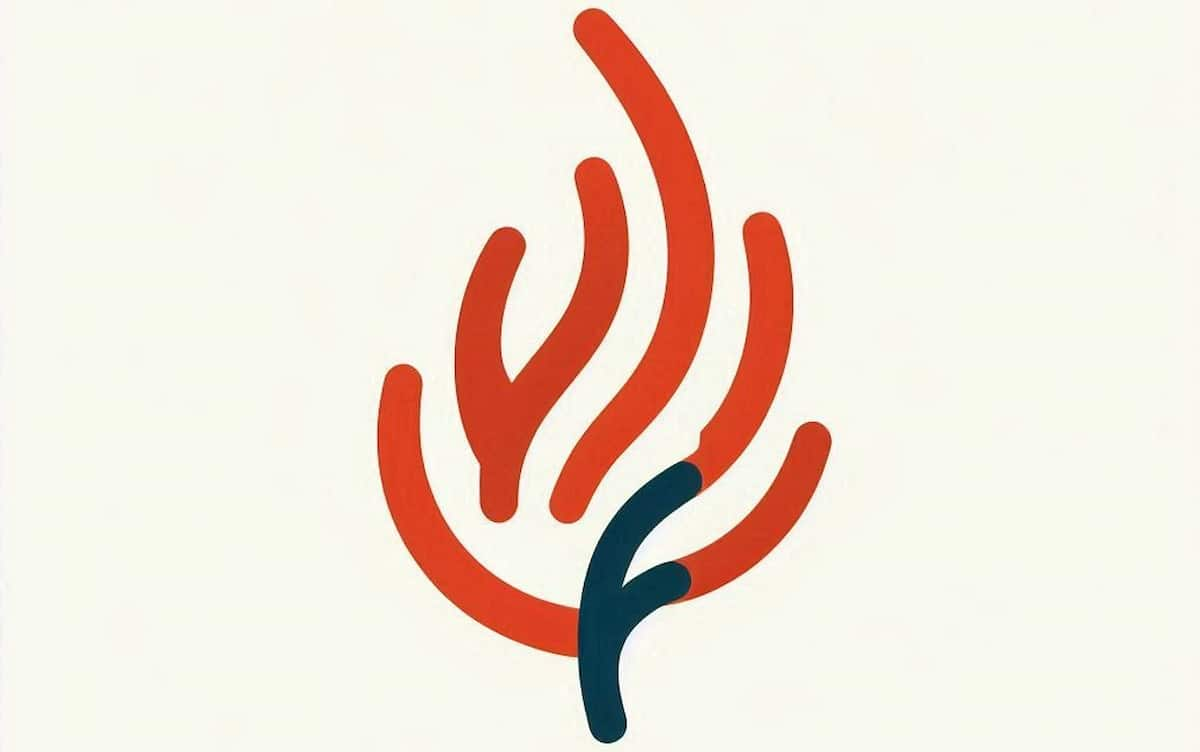The simple reason why most people fail to follow through on their plans.
The simple reason why most people fail to follow through on their plans.
The secret to achieving goals is understanding both the psychology of decision-making and the psychology of implementing our plans.
When people make decisions, they tend to focus on rewards beyond all other considerations.
This is a problem.
A simple example: someone might make a plan to get up earlier in order to leave more time for eating a healthy breakfast before going to work.
However, when it comes to actually getting up early, most prefer ten more minutes in bed.
The reward trap
This is why so many plans fail: people focus on rewards when planning, instead of the barriers they will face.
This pattern of human behaviour was demonstrated in a study in which participants were given both physical and mental tests of effort.
They were told they would be paid varying amounts, depending on the task.
The results showed that, unsurprisingly, people chose tasks that paid more.
Oddly, though, they did not put in that much more effort when the job paid more.
It was the effort required that predicted how well people would do on the mental and physical tasks.
In other words, people dislike doing things that require more effort, even when the reward is proportionately greater.
Dr Agata Ludwiczak, the study’s first author, said:
“Common sense suggests the amount of effort we put into a task directly relates to the level of reward we expect in return.
However, building psychological and economic evidence indicates that often high rewards are not enough to ensure people put in the effort they need to achieve their targets.
We have found that there isn’t a direct relationship between the amount of reward that is at stake and the amount of effort people actually put in.
This is because when we make choices about what effort to put in, we are motivated by the rewards we expect to get back.
But at the point at which we come to actually do what we had said we would do, we focus on the level of effort we have to actually put in rather than the rewards we hoped we would get.”
The study found that the same was true for both mental and physical tasks.
Dr Magda Osman, study co-author, said:
“If we aren’t careful our plans can be informed by unrealistic expectations because we pay too much attention to the rewards.
Then when we face the reality of our choices, we realise the effort is too much and give up.
For example, getting up early to exercise for a new healthy lifestyle might seem like a good choice when we decide on our new year’s resolutions, but once your alarm goes off on a cold January morning, the rewards aren’t enough to get you up and out of bed.”
Related
The study was published in the journal Behavioural Brain Research (Ludwiczak et al., 2020).







